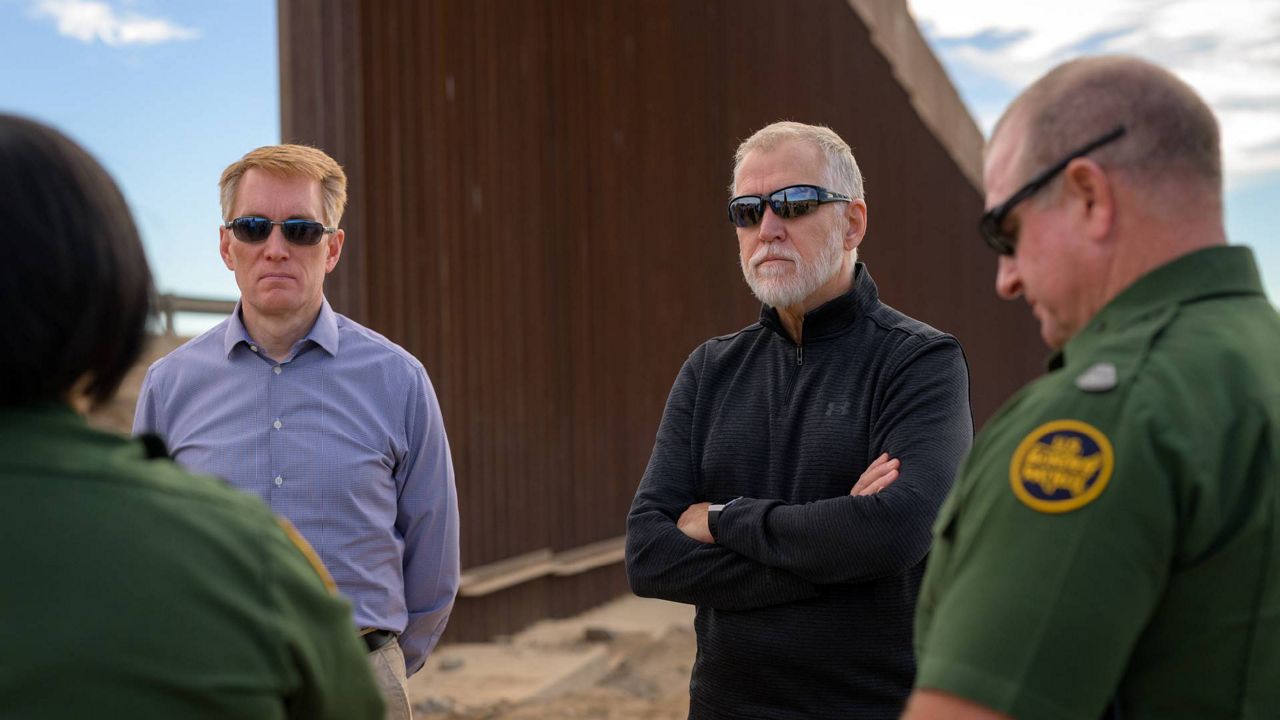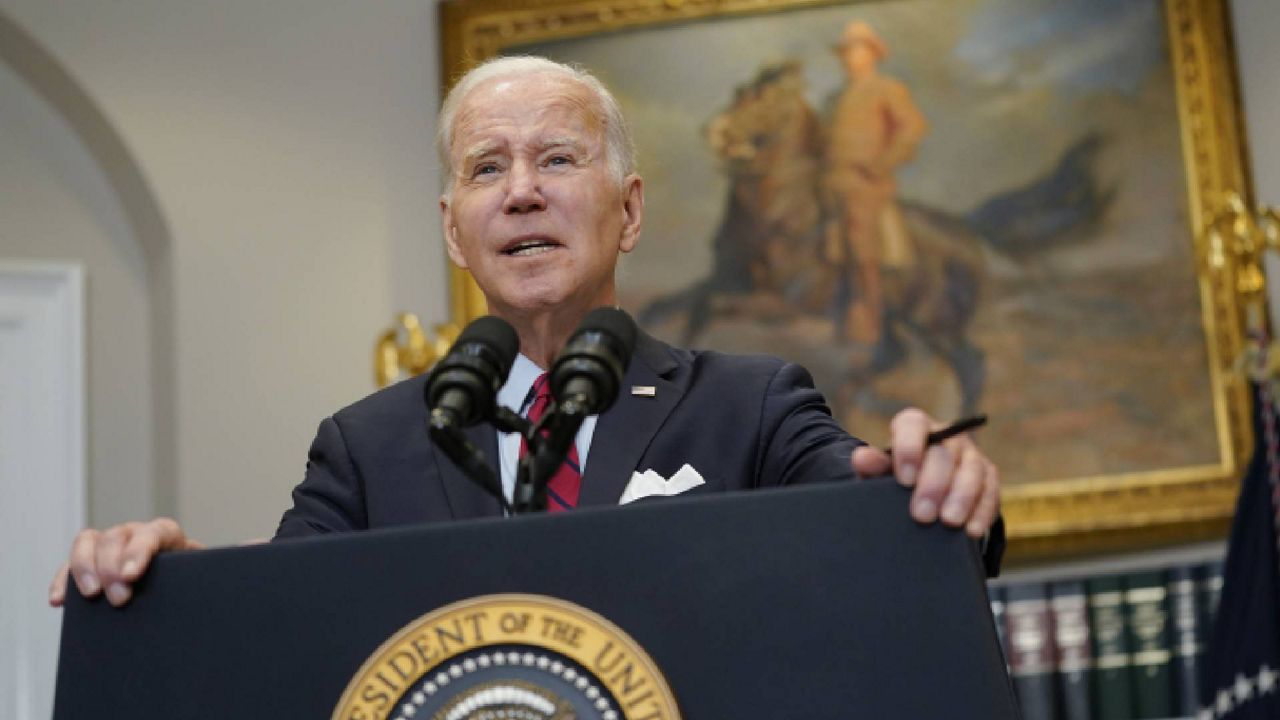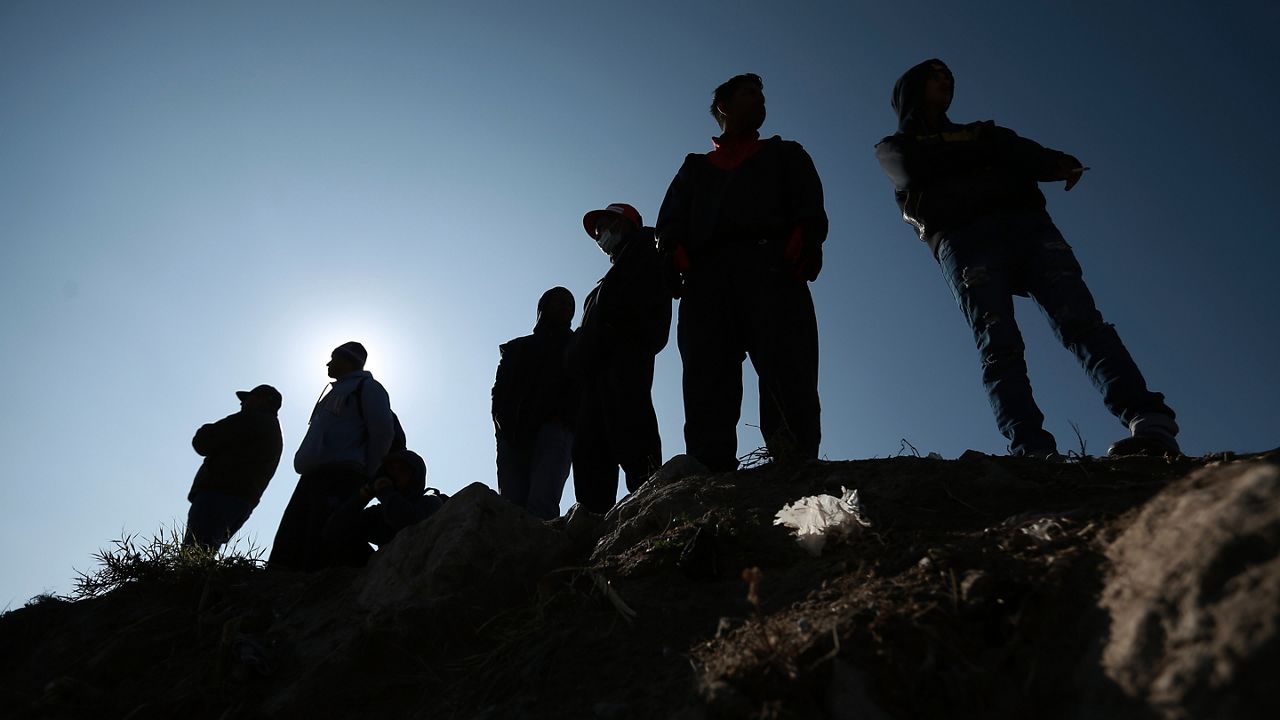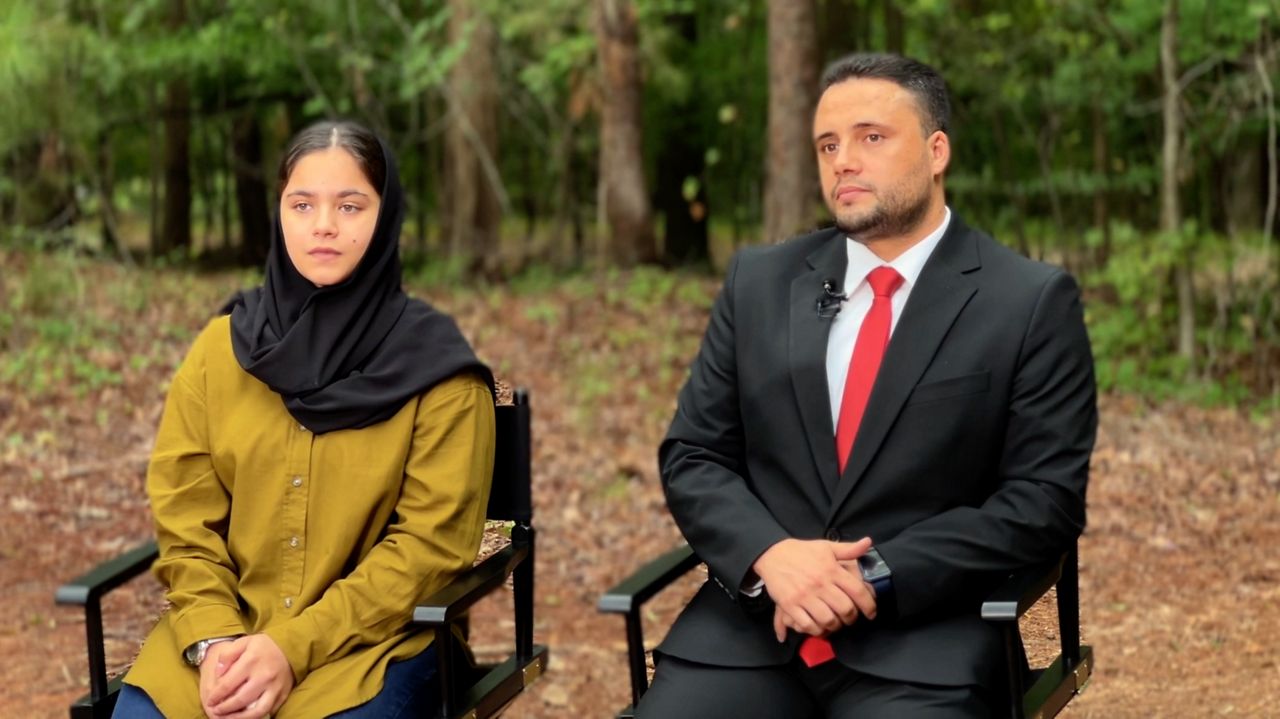When Russia invaded Ukraine, James Pistell felt more distant than ever from his fiancée, Olya, in Lviv.
“I felt powerless,” he told Spectrum News. “There was nothing I could do, except just watch and support her via phone calls.”
Pistell was serving with the U.S. Army National Guard in Ukraine when they met in 2017. They stayed in touch until last year, when they got engaged in the Canary Islands in late December.
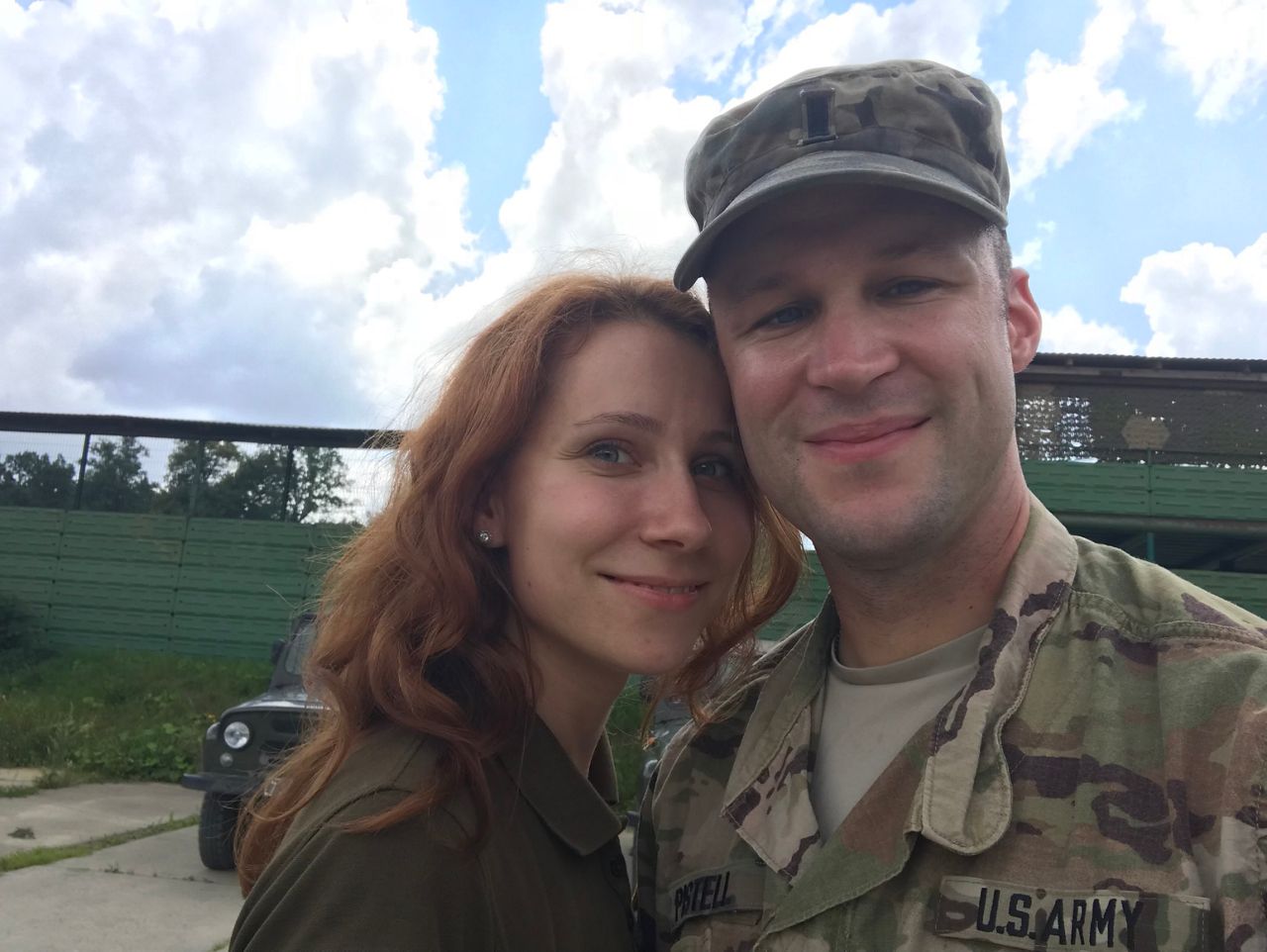
Planning for the engagement, Pistell had applied for a K-1 visa to have Olya join him where he lives in Rochester, New York, but he was stuck in a process that could take at least a year.
Now, the couple is applying to a brand new program launched by the Biden administration this week to expedite the arrival of Ukrainian refugees in the U.S. due to the war, after President Joe Biden promised to welcome up to 100,000 Ukrainians.
“If it would just break down some bureaucratic red tape just to get her here, that would make the entire process of waiting for the K-1 visa much more tolerable,” Pistell said.
The program, called Uniting for Ukraine, allows Americans and organizations to financially sponsor Ukrainian refugees if they prove they have the resources.
A top U.S. official working on the program told Spectrum News he’s optimistic about the planned speed of the new pipeline.
“It's designed to be quick, and so hopefully we'll see arrivals within weeks,” said Curtis Ried, a senior director with the National Security Council.
Meanwhile, advocates are concerned the program could leave out Ukrainians who don’t have connections to people in the U.S. with financial resources.
“It is essentially a wealth test,” said Krish O’Mara Vignarajah, president of the Lutheran Immigration and Refugee Service. “It is a bit surprising that the administration chose to make the announcement of welcoming 100,000 refugees without resourcing it.”
And since Ukrainians who are approved will be admitted under temporary, two-year humanitarian parole status, they won’t automatically get access to the federal benefits that other refugees usually enjoy.
“We are concerned about what the support structure will look like for these individuals,” O’Mara Vignarajah added. “The vast majority will be women and children. Many of them will have experienced trauma.”
Ried of the National Security Council told Spectrum News that the administration will “continue to evaluate” the needs of Ukrainians as they enter the U.S. and keep an open dialogue with Congress. Lawmakers had approved refugee benefits for Afghans with parole last year, though most did not enter the U.S. with private sponsorship.
The Uniting for Ukraine program also puts Ukrainians in limbo who flew to Mexico in hopes of entering the U.S. at the southern border, since it replaces that informal route. Around 15,000 refugees had entered the U.S. via the border as of last week, a senior administration official said.
U.S. officials now say Ukrainians should apply through the new program from wherever they are, instead of making the trip to the southwest border.
Olya is no longer in danger in Ukraine. She fled to Poland and is living there with her brother for now.
Pistell said it took him hours to fill out the sponsor form, which he submitted Tuesday afternoon. While they wait, he and Olya keep talking hopefully about their future plans for the house in New York.
“We talked about the raised-bed garden that we're planning on making here,” he said. “I just bought this house, and it's definitely a fixer upper there. So she's pretty eager to help me renovate.”






